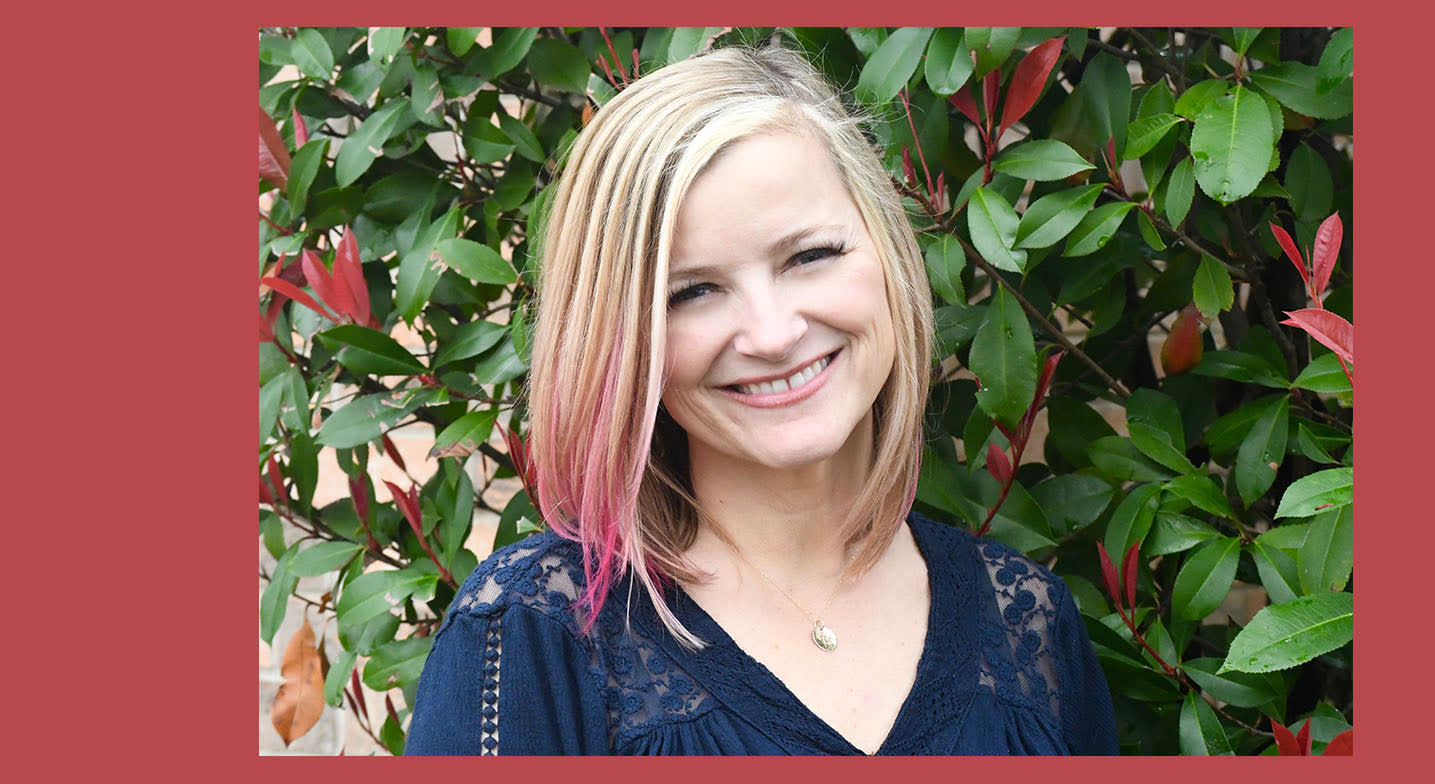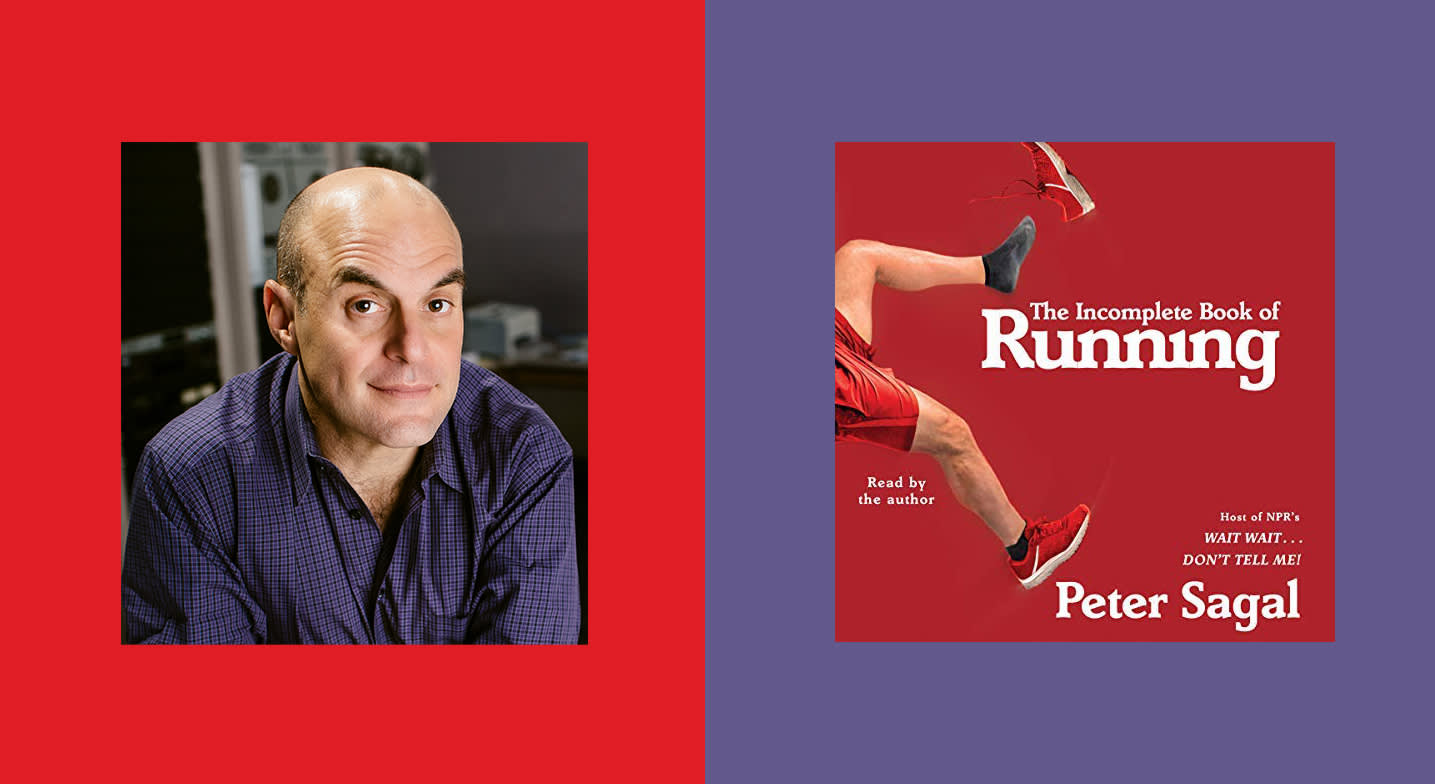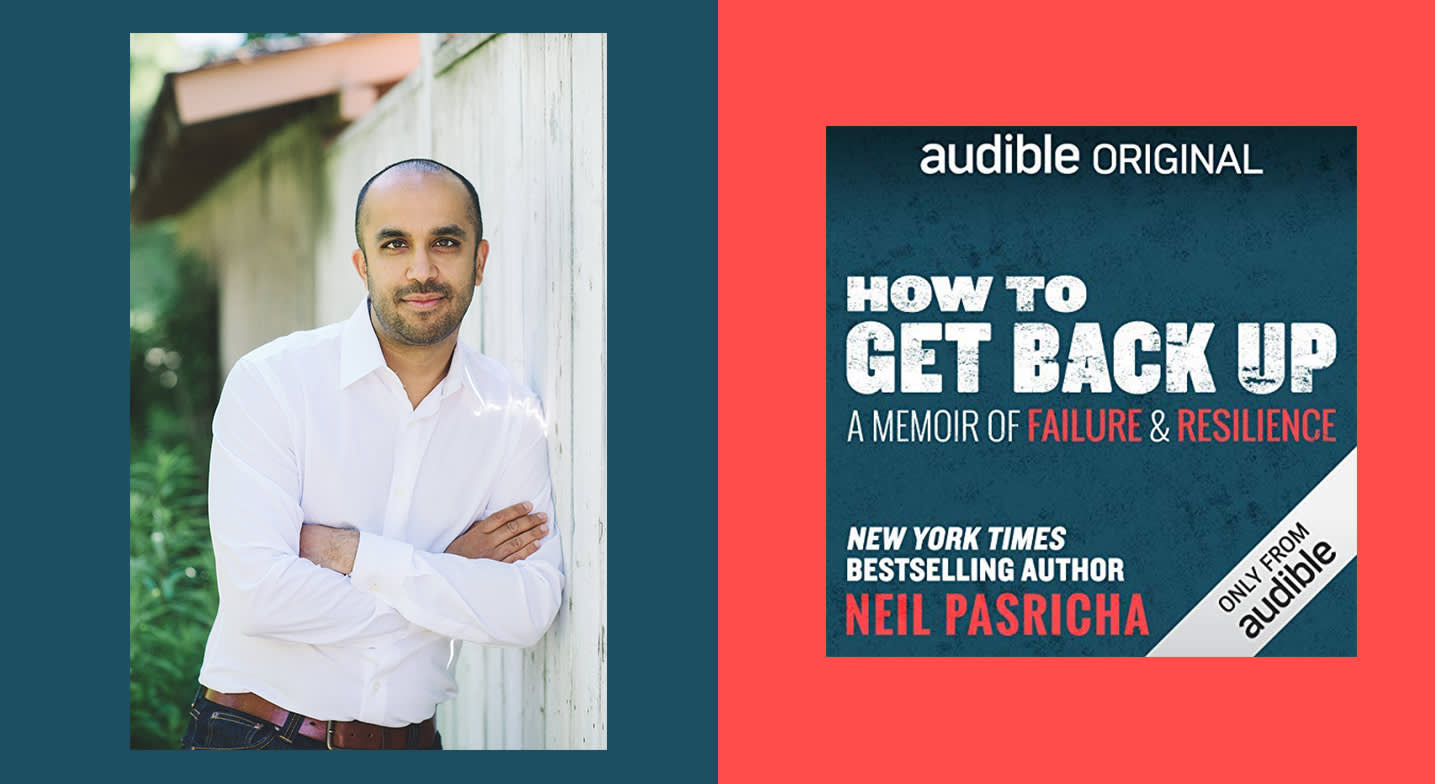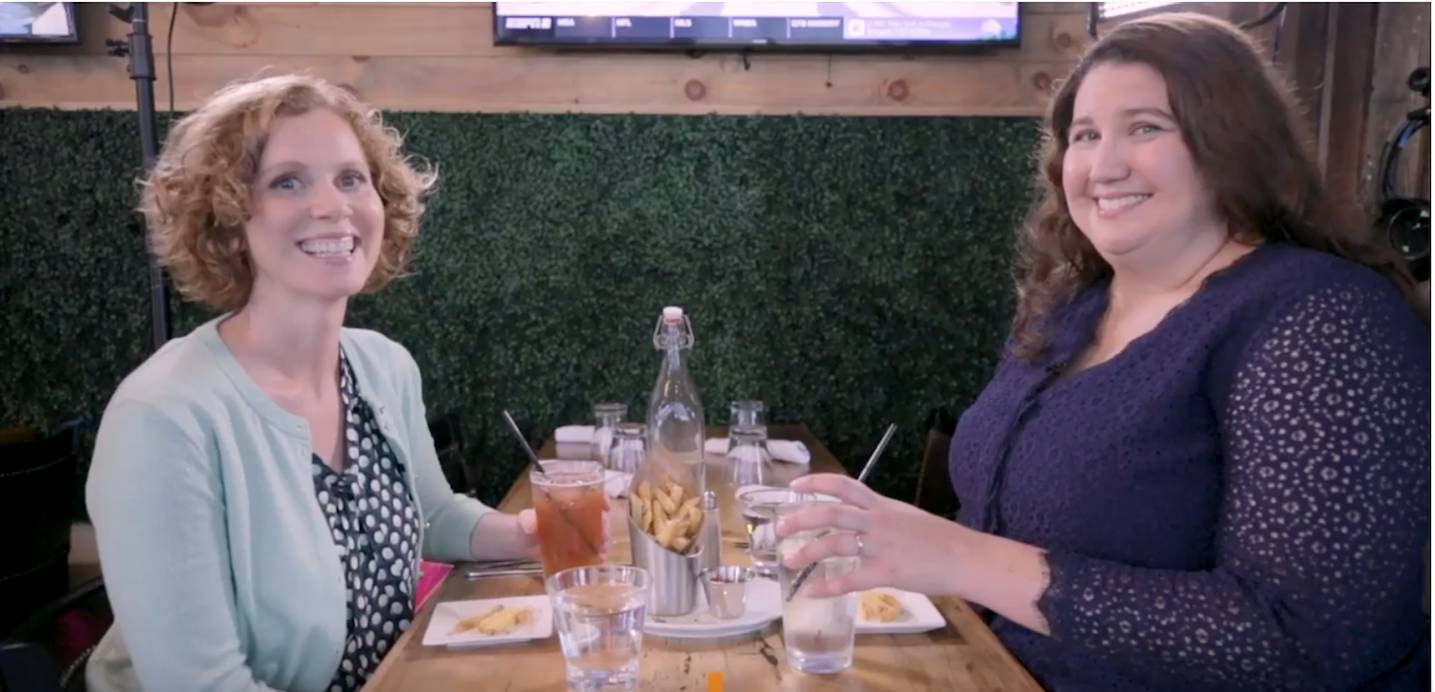It's summer, which for teachers, parents (and students) isn't just synonymous with sunshine, time off, and pool days -- it's also time for the dreaded "summer slide." If you'd rather not have your nose in a book during said pool days, or would like to "read" while engaging in other warm-weather activities, might we recommend you bring an audiobook along instead? Dr. Rose Brock certainly would.
Brock has a PhD in library and information studies, is currently an assistant professor of library science at Sam Houston State University, and has spent the last 20 years connecting kids with great stories. Her scholarly research has focused on the benefits of audiobooks as a tool for literacy. Most recently, she has edited a collection of essays by Young Adult authors called Hope Nation.
Sonja Cole: Let me start by saying, I'm a huge fan. I got my Master of Library Science degree from Rutgers University and was a middle school librarian for 10 years. I am so inspired by the work you're doing to get kids excited about reading. Can you tell me about Hope Nation and how the project came about?
Rose Brock: It was inspired by the election and things leading up to the election. My general concern about the state of the world. I'll be frank, I wasn't ultimately happy with how the election turned out, but I'm an optimist by nature. It is what it is in regard to leadership. I always want our leaders to make the best of every situation even if it's not the team I was voting for. When President Obama was giving his farewell address, I listened to his message. I was really thinking about the future.
The other thing that happened was that a publisher I've known for a number of years called me up and said, "Hey, Rose, if you had a book you want to publish or if you had an idea for a book, what would it be?" I was taken aback because I had not ever really thought about writing my own book. I much prefer to be the cheerleader of everybody else's stories. My first response was one that I think really shocked him. I just basically said, "I don't want to publish a book. I don't want to write a book." I believe in stories. I think I didn't want to take advantage of my privilege in the sense that typically, publishers don't cold call people and offer them book contracts.
From there, he and I talked back and forth about what I could do or wanted to do and what I didn't want to do. Regardless of politics, I think that it's been a very divisive time. I think that for all of us, at any time, hope is a universal need for mankind. I started thinking about, yes, I could have written an entire book on hope, but I started thinking about teens in my life and the teens that I've served and wanting stories, knowing those readers and knowing the people that they connect with and the authors that are most meaningful to them. I thought, "This could be really powerful if they told their story."
SC: Definitely. It's really interesting to hear how that came to be. I also want to talk about audiobooks and your work with research about literacy. Here at Audible, we know that reading with your ears is every bit is valid as reading with your eyes, but what do you say to people who claim that listening to a book doesn't "count" as reading?
RB: Well, it's interesting that you ask that because obviously, it's a conversation I have often. I think this is what we know: The research is already there. (Editor's note: the research also shows that audiobook listening is more emotionally engaging than TV or movies, so it's got that going for it, too!) My background is that I was a classroom teacher and then I transitioned to being a school librarian. Now, I'm a college professor. Audiobooks have really been the forefront of all of that. For the research that I did to get my doctorate and what I knew even just as a classroom practitioner, as a teacher.
I'm a reader. I come from a family of readers. My mom, who was an immigrant, owned her own bookstore. She's never made her citizenship, but she was a business owner. Yet, in my family, I had a brother who was a non-reader. A reluctant reader when forced but really, a non-reader. He was never part of that conversation. But he traveled for his profession, and once, while visiting him, he started talking about these books that he was listening to. All of a sudden, I saw this passion in him and saw him being so excited about the stories. It just really inspired me.
I had that true a-ha moment like: Wait a minute. These kids that are in my classroom, these kids that choose not to read - no matter how open I was as an educator to letting kids choose whatever material they wanted, whether it was a magazine or whether it was a car manual or whatever it might be - I still had students who just didn't want to engage in print. What I realized about my brother was that he wasn't rejecting stories at all. Rejecting stories wasn't a part of the equation. It was really rejecting the medium. At that moment, it really changed my path as an educator because I thought, "Oh my goodness, he's just as interested in talking about stories. He's just as interested in being engaged and in that conversation. It's just the delivery method."
At that point, that's really what piqued my interest. I started looking at the research. There is already so much research that supports this. And to have that conversation with educators or parents: "Is listening cheating?" It's a conversation that we have, still, unfortunately. I like to think we're moving past it. Listening and reading share some similar qualities and then there are ways that they are different, but the delivery method is really irrelevant. There's been even more research that's been done recently that talks about how the brain processes those things. They can be equally valued. One is not more important than the other.
The far more important thing is that all students be engaged in conversations about books. At the end of the day, who really cares how they chose to process the story?
There are critical elements to both. It's a way to level the playing field. Far more importantly, it's a way to get on that other side where we can have conversations. I think those of us that are avid readers both with our eyes and ears, we know that intrinsically. We have that happen all the time. With my job, I drive three and a half hours each way to work and back. Seven hours of a commute. I can imagine a time where I had to do that without having books that I'm reading with my ears. It makes all the difference and then again, I personally, just like the students I mentioned, I can engage in conversation about stories.
It's about the experience, right? That's really what it boils down to. That's what matters.
SC: Yes. That's right. You said that listening levels the playing field. I just love that idea. Can you give an example of how that works or how you've seen that work in the classroom or with kids that you work with?
RB: Absolutely. Again, I think it comes back to: our auditory comprehension is higher than our reading comprehension. Especially with developing readers. It does level the playing field because somebody who is struggling with reading comprehension, what they can process through their ears, their auditory processes and understanding so that where they may struggle with decoding or maybe they can decode, but they can't put it together in meaningful ways. With listening, they are able to do that in many cases because we've been listening far longer than reading, as humans. Babies are born. They start listening and learning right away. They're not being fed print books. They're making meaning through what they hear and what they see. Those things happen really organically. That's a very natural way for people to learn.
If educators allow students to receive that story in a medium that works best for them, maybe they do with their eyes or maybe they would do with their ears, or maybe they do a combination. What they will see is those students will be able to come to the table and have those conversations where typical literary elements are discussed. What I found from my own personal experience as a classroom teacher was that, those kids, once I allow them to read those books with their ears, I saw them being able to engage far more meaningfully in the conversation about the educational stuff, like: "Okay, so now we've read the story and we're going to talk about theme or we're going to talk about conflict."
Again, all those things that English and language arts teachers, we get caught up as we're dissecting stories, which is a whole another conversation. There's a place for that critical reading, but there's a place for reading just to have pure pleasure where there's nothing that there's no ticket out the door, so to speak. Just the story is enough of the reward.
Audiobooks prove that they can be a real game changer for that conversation because, time and time again, you'll see those readers come far more prepared and able to talk about all those things that we measure students on understanding in regard to instruction and books.
SC: Not only is it not cheating, it can actually enhance their educational experience of the story.
RB: Absolutely. I think that if I'm measuring myself as someone who is an avid reader, I'm really good at reading. I know how to put the words together and string them together so they make meaning for me. I see that happening all the time when I experience a book in print versus an audio. I can give you a great example. Personally, like Angie Thomas' The Hate U Give, I was lucky enough that I got to read that really early before the book published. I fell in love with that story. As soon as the book actually published, I bought it on Audible. I use one of my credits to reread it but actually, it's to reread it with my ears.
I've got to tell you, as much as I loved reading it, I was really moved by the story the first time when I read it with my eyes. Listening to the book blew me away. It was such a powerful experience for me. I just felt like I've got the story on a whole another level by hearing the performance of Bahni [Turpin, the narrator] reading that book.
SC: What criteria should parents or teachers look for when evaluating an audiobook? How do they know if they're getting the right audiobook for their child?
RB: I think a great place to start is by looking at reviews just like we do with print books. Audiobooks are reviewed the same way. Obviously, you're going to want to start with interest. It depends on the child. Every child is different. Every child reads for a different reason, but see what the professional reviewers have to say about the audio production. Certainly, parents aren't going to be able to buy everything for their child, but I think they're going to start with a story that their kid is interested in.
I think regardless of delivery method, medium, or format, whether it's print or it's an audio, I think the best thing to do is to find out if it's a story their kids want to read. Some of the best stories have been delivered to kids that were, at the beginning maybe somewhat reluctant to the story. From there, they can just do a little research to find out how that particular production has been received by those that know how to critically evaluate.
Also, just talk to other parents and educators. What do they have to say? We live in a time where that's really just a matter of doing a little bit of work. It's not even that hard to find reviews online. That's what I would say for parents to do.
SC: When in doubt, ask a librarian (laughs).
RB: Yeah! Also, with the parents, I think listening themselves. I'm not advocating that a parent should listen to every book before their child listens to it. That's a very personal choice. I know parents that choose to read their kid's books before they let them read. I think every parent has to do what's best for their family. I think that that conversation happens at different ages. We see that sometimes with younger parents, especially if their child was still at an age where they feel like they need a little more guidance. As kids gets older, parents tend to pull away a little bit, which is fine. That's part of the natural progression of parenthood. Your kids are going to mature, and you'll still be there in the background, but you're going to let them make more personal choices for themselves.
SC: Do you have any advice for parents who want to use audiobooks as a tool for literacy? What are some practical tips that parents can try tonight at home with an audiobook with their child?
RB: From an educational standpoint, the way audiobooks historically have been used in a classroom setting is that the child reads along in a print copy while they're listening to the audiobook. That's where a lot of the research has been done - there's definitely value in doing that. But I think often that for some kids that feels like more of a burden, and if a child is allowed to just listen along or listen to experience a book, I feel like that's a little more liberating. There's a place for both, certainly, but I think in regard to just listening and a parent being involved in that, I think, it's like anything. If your child were reading a book, I think it's stopping it and having conversations like, "Tell me about what you're listening to. What have you liked so far in regard to that particular book?"
Again, you can have the same conversations you would with your child if they were reading the book in print. Ask them to tell you what's happening and see how well can they talk about it. Are they in a place where it's obvious that they're listening with intent and really getting it? The thing that we grownups know about listening to books is that you really have to bring your listening "A-game" to the table. If you're tuned out, if you're focused on other things, you're going to miss stuff. That's no different with a child.
I think if the parent is willing to be engaged in their child's reading, stopping for conversation with any kind of reading experience with a child, regardless of how that reading is happening -- whether it's with eyes or ears -- I don't think it has to work differently.
Parents can also ask things like, "What do you think of the narrator? Do you like the performance?" Those things can come up, but I don't think the conversation really has to be very different with a parent and child whether they're talking to their child if their child were sitting in a corner reading the book in print or if they had earbuds in or headphones on and were listening.





